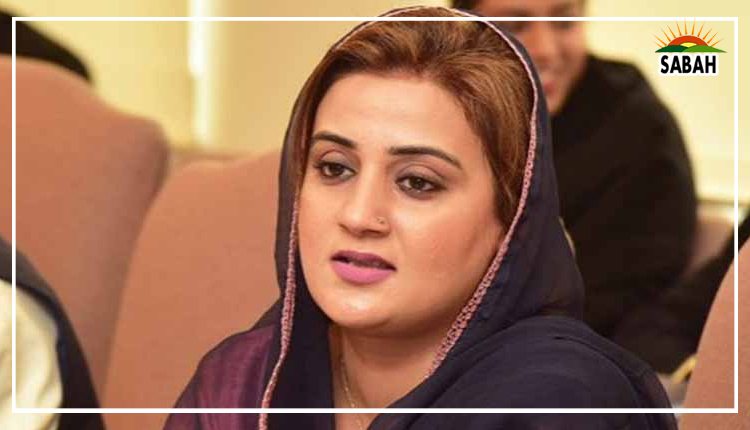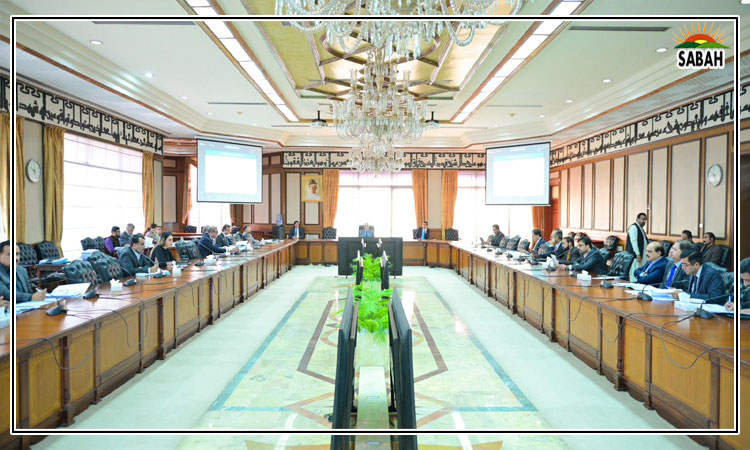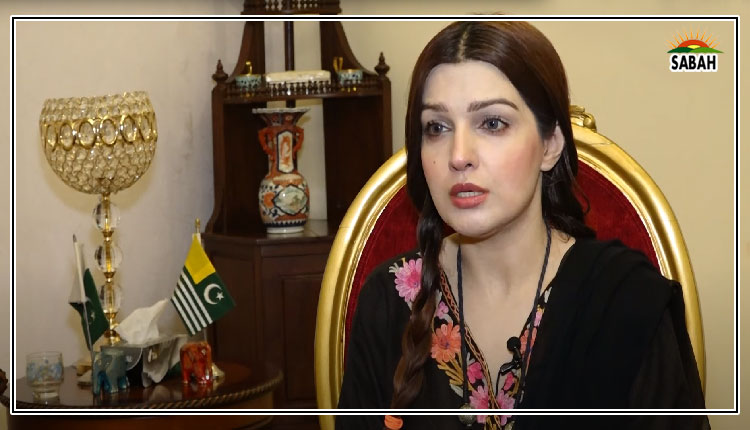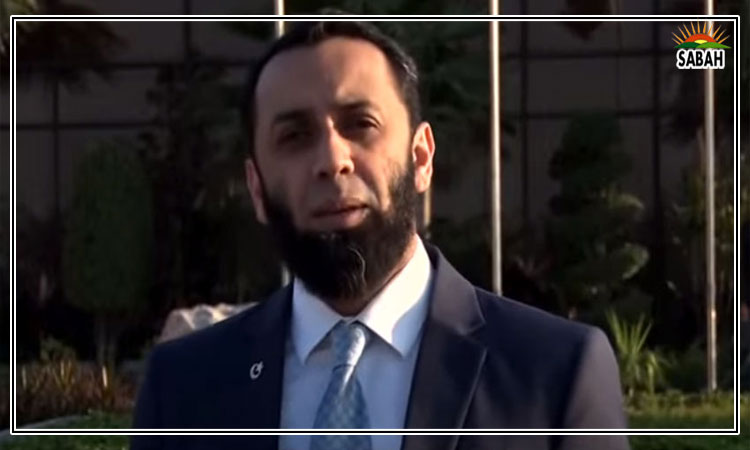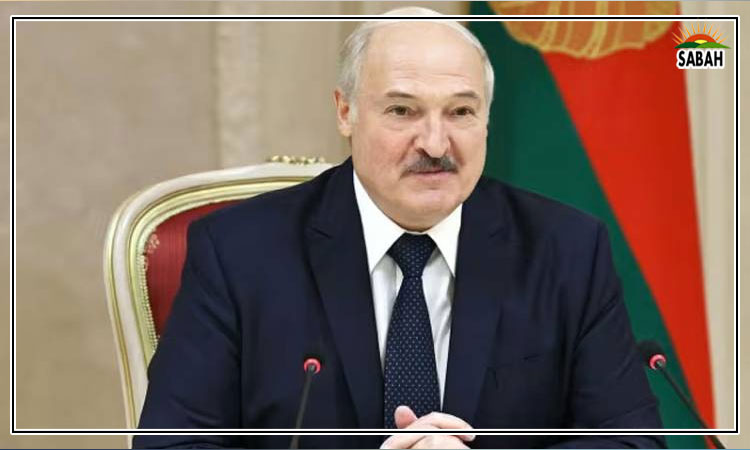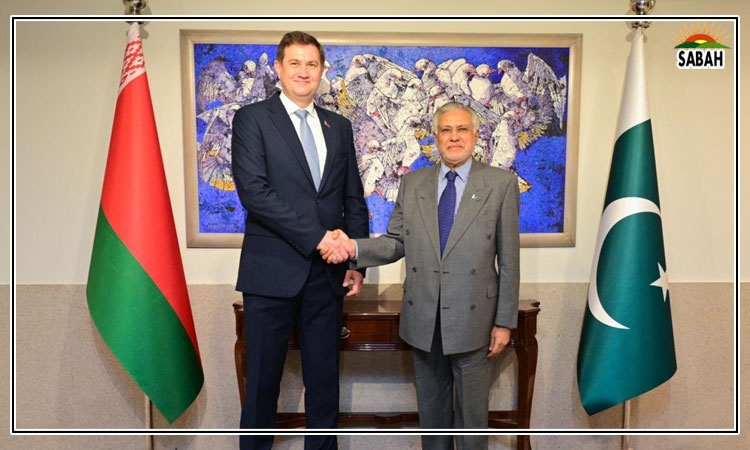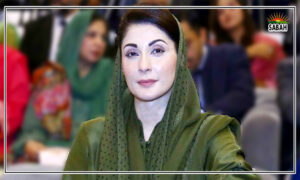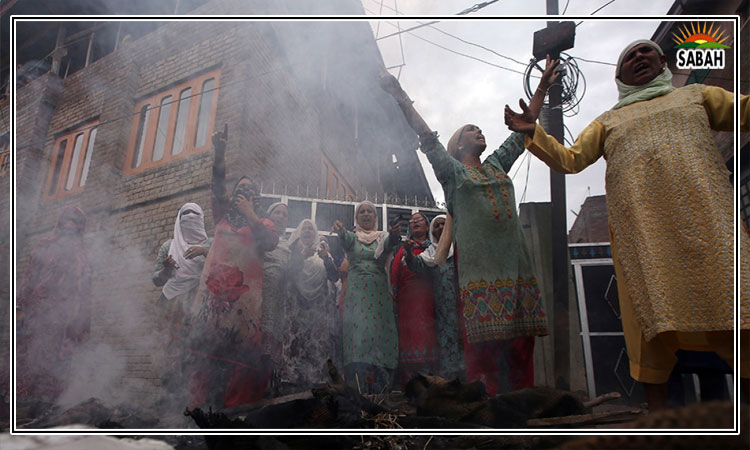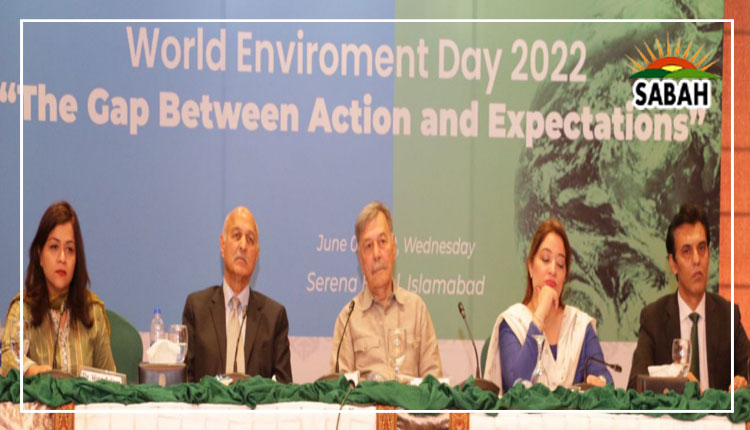Role of parliament as a key stakeholder along with local communities as well as development sector on climate action sought
ISLAMABAD, June 05 (SABAH): Senator Mushahid Hussain Sayed seeks the role of parliament as a key stakeholder along with local communities as well as development sector on climate action.
He was speaking at a seminar on the occasion of World Environment Day organized by Sustainable policy Institute (SDPI) here. More innovative and indigenous ways should be adopted to cope up the issue of climate change, the senator said, adding that to address the challenge of waste management, strict ban on single use of plastic needs to be imposed immediately.
SDPI Executive Director Dr. Abid Qaiyum Suleri highlighted that the current rate of consuming natural resources by the humans is unsustainable. “Although, COVID-19 has emerged as an unprecedent challenge, it has made us realized that adopting more environment-friendly ways is possible,” he said and added that we must keep it in mind that there is only one earth and we must have to make it sustainable for the coming generations as well.
Mushtaq Memon, United Nations Environment Program (UNEP) representative from Bangkok, was of the view that most of the issues being faced by humans today are environment related. The issues like relocation, water crisis, food insecurity, etc. demand us to decouple economic growth by exerting additional pressure on the natural resources and environment, he maintained.
Romina Khurshid Alam, Convener of Parliamentary Task Force on SDGs, emphasized that it is time to act now by putting forward short-term, mid-term and long-term strategies. She said: “We need to set clear goals and timelines and trigger effective action for the achievement of these goals. Pakistan is highly enriched in policies; however, it is weak on implementation front, which needs to be addressed, she added.
Ambassador Shafqat Kakakhel, the Chairperson of SDPI Board of Governors, while sharing various dynamics of the issue said that food security is the most pertinent challenge today. Despite harvesting 26 million tons of wheat this year, still there is a huge gap between supply and demand due to the exponential growth in Pakistan’s population.
He pointed out that the federal capital Islamabad has 35 hospitals that are producing hazardous waste but the current capacity to manage the hazardous waste is only 20% of the current generation value. He stressed the need for strengthen effective policy implementation and continuation of policies despite changes in governments as what he said every new government starts policy making from scratch despite policies have already been devised.
During the seminar, it was suggested that public participation in Parliamentary Standing Committees on subjects of public interest should be revived to ensure that important decisions and policies are deliberated upon in the light of on ground realities and challenges faced by the public.


